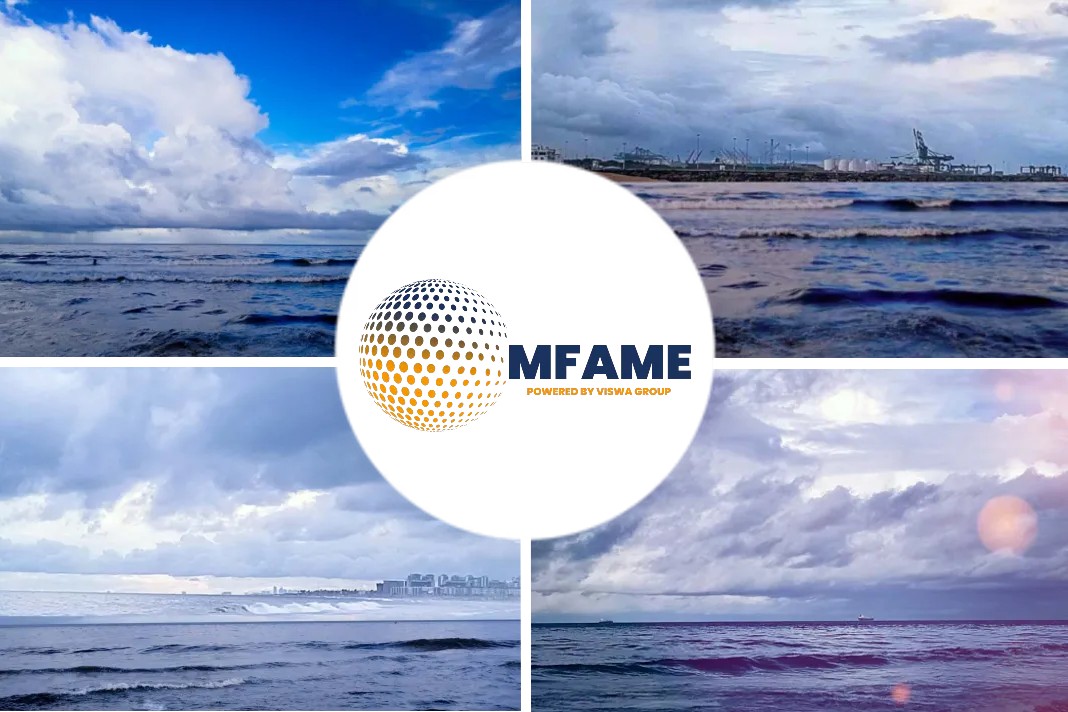For the first time in years, piracy has returned to the coast of Somalia, with as many as six incidents reported in the last two months. But the European Union naval force patrolling the region, EU NAVFOR, says it continues to be successful in escorting ships carrying food aid to drought-stricken Somalia.
A spokesperson for the EU force, Lieutenant Commander Jacqueline Sherriff, told VOA’s Somali Service that the force has not experienced a single attack on aid ships since it began protecting World Food Program (WFP) vessels in 2008.
“Our warship will actually sail alongside a ship very closely to stop any pirates approaching but we also have another way of doing it…We can put a military protection team on board the WFP vessel itself,” she said.
With two EU vessels patrolling Somalia’s coastal waters, helicopters overhead and help from partner nations, Sherriff believes the mission scares off most would-be pirates. In fact, she said, during one recent attack, pirates boarded a vessel and then fled when they heard over the radio that an EU warship was en route.
“They know that we’re off the coast, so we’re hoping, we’re trying to deter them from coming out to sea in the first instance,” she said.
The work is essential. Somalia is in the midst of a prolonged drought that has left about half of its 12 million people food insecure, the WFP reported. About 363,000 children below the age of 5 are acutely malnourished.
For affected people, food aid is a lifeline that is constantly in peril due to piracy and onshore violence.
Piracy had been virtually non-existent off the coast of Somalia since 2013 until earlier this year when the Aris 13, a Comoros-flagged tanker was hijacked, held briefly and then released along with its crew.
It is unclear what has caused the recurrence of attacks, but Sherriff believes it is a reminder that continued vigilance is needed.
“The pirates, we believe, saw what they thought [were] opportunities to once again start attacking ships because there’s lots of instability in the region and they felt that it was an opportunity to perhaps come out at sea,” she said. “So what they have been doing is launching their pirate action groups, you know, in groups of skiffs coming out and trying to attack ships. They have been successful but thankfully the vessels were not held for too long.”
Illegal fishing
In addition to monitoring piracy, EU NAVFOR monitors the region for signs of illegal fishing. Recently, the force helped catch a Greek-owned trawler, GREKO 1, which was fishing illegally and was later fined $60,000.
Many Somalis, including pirates, blame illegal fishing for depleting the ocean and stealing wealth from the nation.
“If we see a fishing vessel that is actively engaged in fishing off the coast of Somalia, we make a note of the vessel’s name, the location and what type of fishing equipment it had deployed,” Sherriff said.
She says the information is passed on the EU director general of maritime affairs, which assesses whether the vessel is engaged in illegal fishing.
Did you subscribe for our daily newsletter?
It’s Free! Click here to Subscribe!
Source: VOA News
















